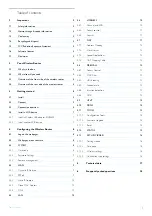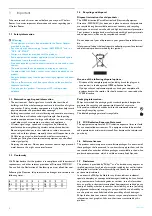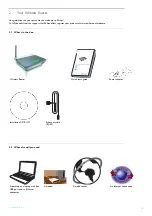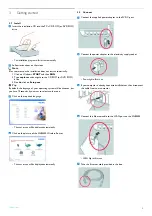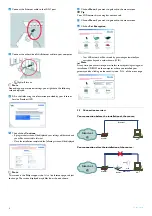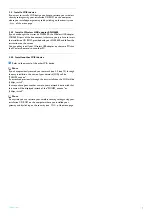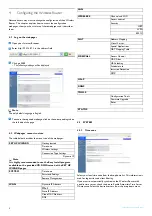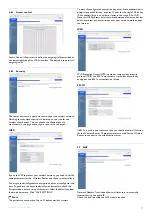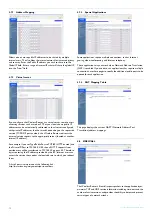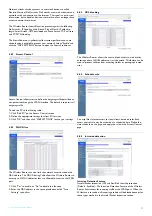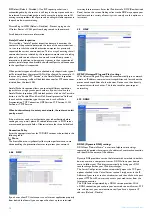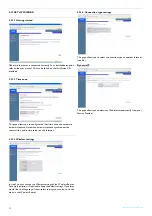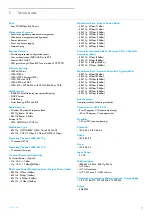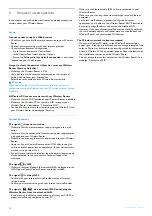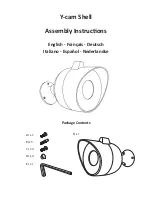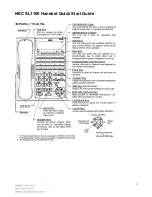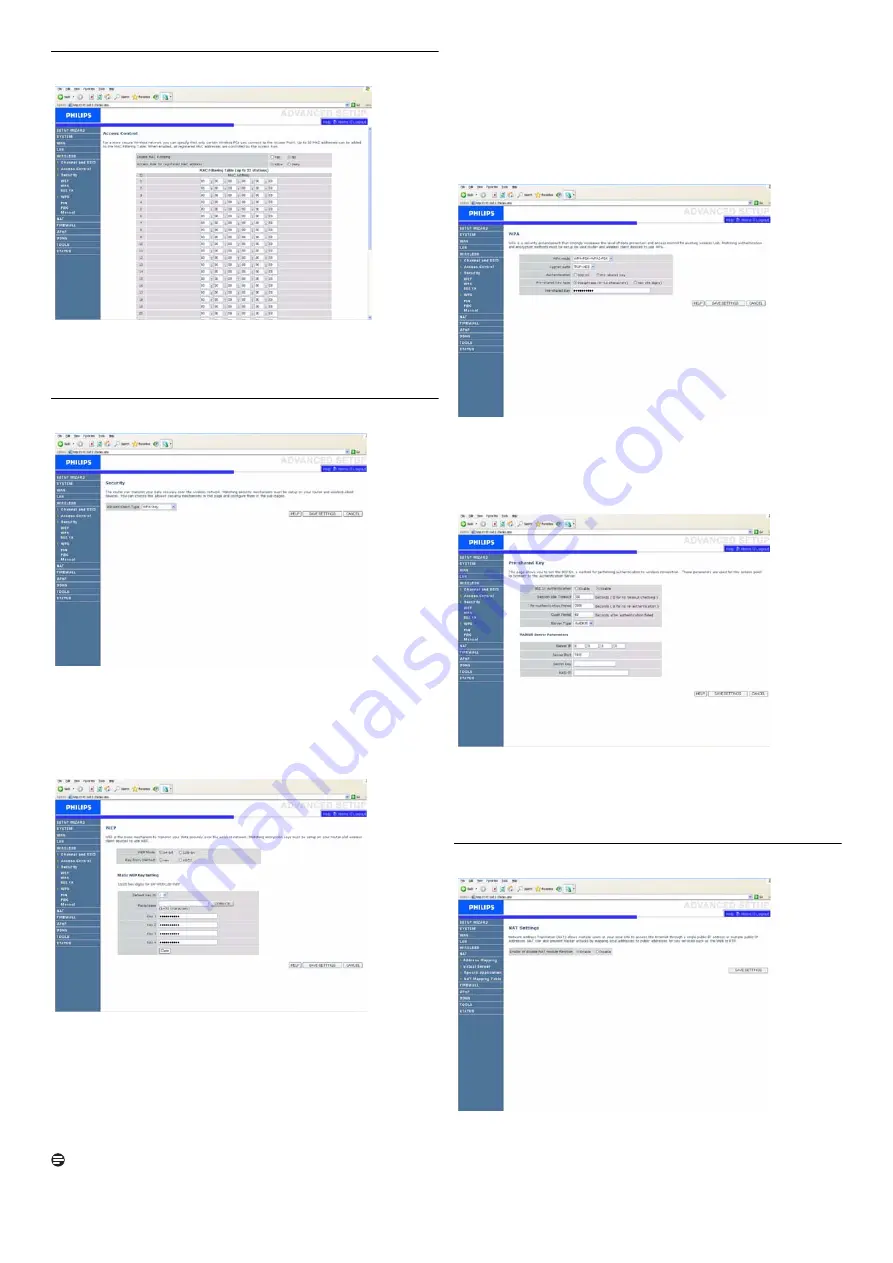
Configuring the Wireless Router
11
4.6.2
Access control
Access Control allows users to define the outgoing traffic permitted or
not-permitted through the WAN interface. The default is to permit all
outgoing traffic.
4.6.3
Security
The router can transmit your data securely over the wireless network.
Matching security mechanisms must be setup on your router and
wireless client devices. You can choose the allowed security
mechanisms in this page and configure them in the sub-pages.
WEP
If you use WEP to protect your wireless network, you need to set the
same parameters for the Wireless Router and all your wireless clients.
You may automatically generate encryption keys or manually enter the
keys. To generate the key automatically with passphrase, check the
Passphrase box, enter a string of characters. Select the default key from
the drop down menu. Click "SAVE SETTINGS".
Note
The passphrase can consist of up to 32 alphanumeric characters.
To manually configure the encryption key, enter five hexadecimal pairs
of digits for each 64-bit key, or enter 13 pairs for the single 128-bit key.
(A hexadecimal digit is a number or letter in the range 0-9 or A-F).
Note that WEP protects data transmitted between wireless nodes, but
does not protect any transmissions over your wired network or over
the Internet.
WPA
Wi-Fi Protected Access (WPA) combines temporal key integrity
protocol (TKIP) and 802.1x mechanisms. It provides dynamic key
encryption and 802.1x authentication service.
802.1X
If 802.1x is used in your network, then you should enable this function
for the Wireless Router. These parameters are used for the Wireless
Router to connect to the authentication server.
4.7
NAT
Network Address Translation allows multiple users to access the
Internet sharing one public IP.
Check the box to enable the NAT module function.



